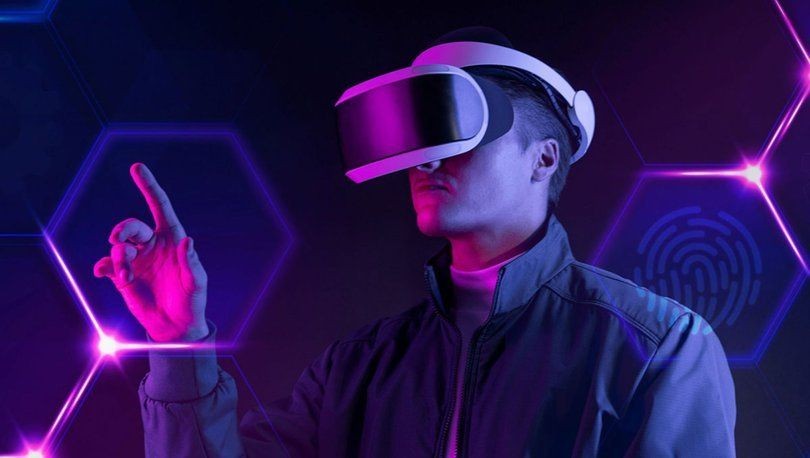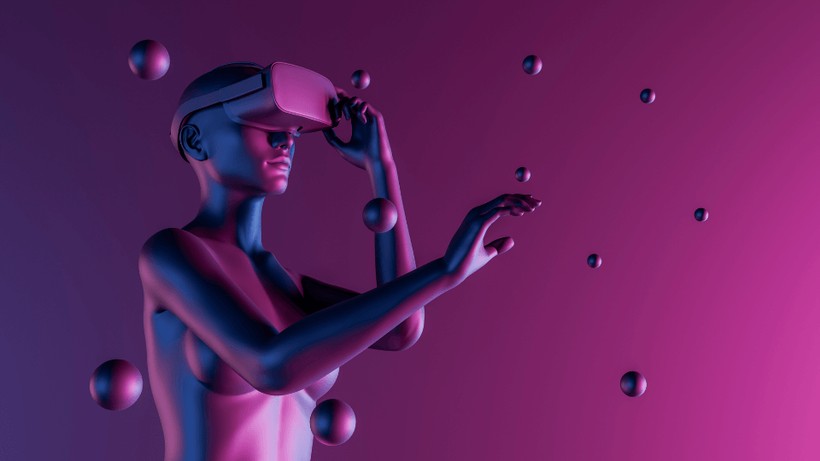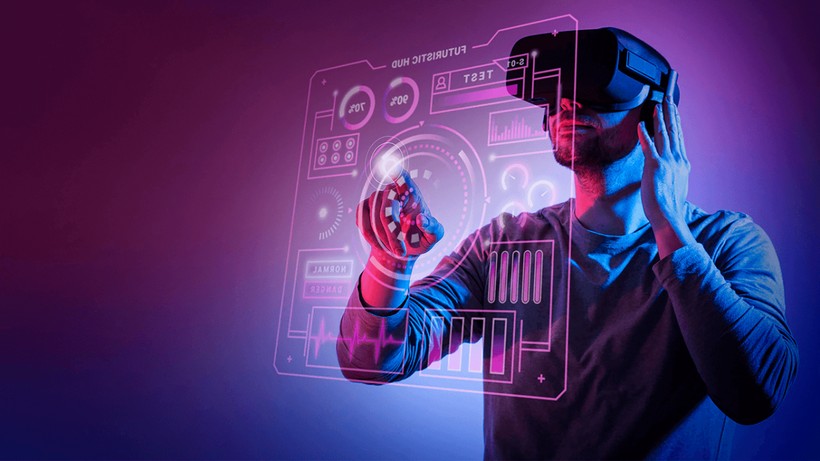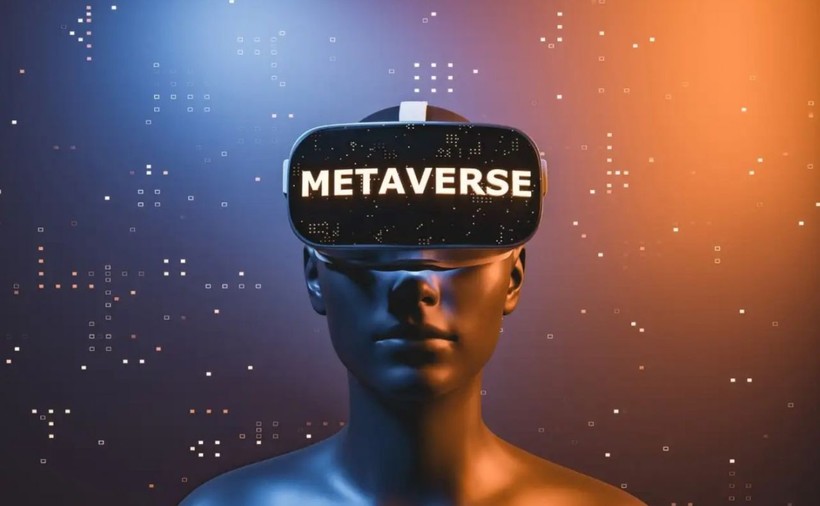Research suggests it is easier to socialize and learn in Metaverse
Metaverse occupies the agenda of behavioral scientists as well as the technology world. Studies show that personalized avatars offer a more realistic experience and reduce social anxiety.

While discussing how and to what extent the economic reflections of the developments in the metaverse, which is the trend subject of the technology world, their effects on social life and human psychology are also a matter of curiosity. Recently, research on technologies such as metaverse and virtual reality (VR) and augmented reality (AR) have increased rapidly in the field of behavioral sciences and psychology.

According to research, it is seen that the social anxiety experienced by people in the community decreases to a great extent in the activities attended with avatars in the 3D virtual world. It is known that users easily overcome their fear of being disliked and phobias such as not being able to speak in public with their avatars in the metaverse.

Avatars used in the virtual universe provide much more interaction than the currently widely used video meeting applications.Studies reveal that students are more successful in lessons in the virtual universe, especially in education life.

In experiments on foreign language education in China, it was determined that students who attend classes supported by digital materials in the virtual universe with their avatars learn faster by actively participating in the lessons without hesitation to speak, and they get approximately 20 percent higher grades in the exams.




